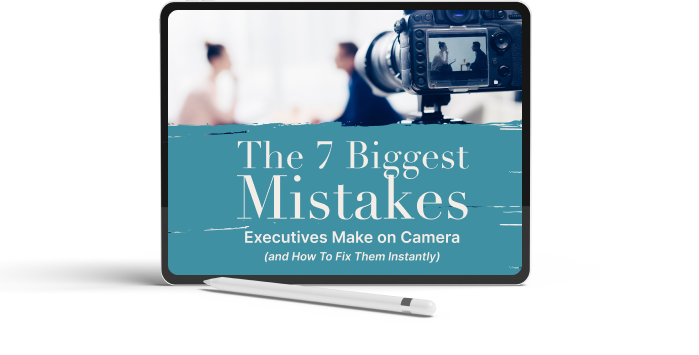Have you ever met a really BORING person? Been on a first date – and wondered how someone could really be that bland? Are you sitting in a meeting right now listening to a person go on and on… about nothing?
Are you afraid you might be that person?
The best piece of advice I give clients considering a career in public speaking or using the media to advance their career or business is…
You MUST have a story people can relate to if you’re going to get up and speak in public, or if you’d like to sell your business by using the media.
No producer or writer is going to publish a story about your grand opening or sale. But if you have a story, like maybe you’re donating 30% to a charity that’s been in the news recently… or there’s something really special about the owner of the company… you have a much better chance.
Numbers are great – but stories are better.
You may have a great success story at your company. Numbers are way up. Bosses are happy. The way to break through to an audience and show what those numbers really mean is to tell a story. Explain what those numbers mean. For example, you can talk about how many new people you were able to hire because numbers are up. Highlight a person you hired and their story.
You need a compelling story of human interest.
Remember: the media has a job to do – and that’s to make sure their audience watches, reads, sticks with them even after a commercial, learns something and keeps coming back for more. Here are a few quick thoughts I shared recently, live on my Facebook page.
Give the media something good to work with and you’ll have a better chance of seeing your story run.
Also, find out who’s looking for that kind of story so you’re not just sending out press releases to everyone. There will be media outlets that don’t even do your kind of story or that don’t book people like you as guests or experts.
At the end of the day, the most important thing whether you’re giving a presentation about your company or you’re trying to get your company in the news is to have a relevant story that hooks the audience and entertains them.
PS: The last two videos I posted really hit a chord. They were the most shared of any of my videos. In case you missed them, here’s how to check them out:




